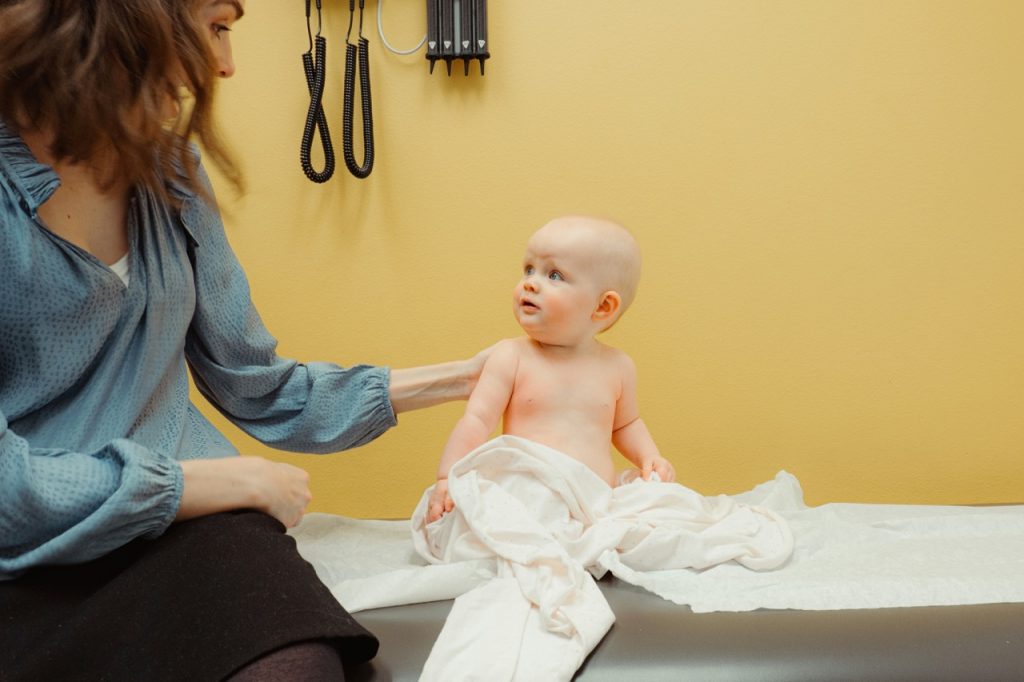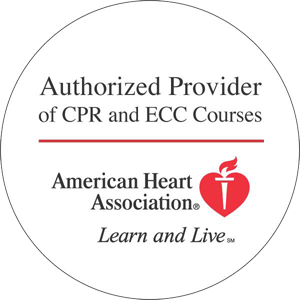Has it been a few years since you last took your CPR class? Or perhaps you haven’t made it a priority even though you know the importance of being prepared to step in and lend a helping hand in the case of a medical emergency for a loved one, coworker or even a stranger. Staying current with your life-saving CPR skills is essential to be ready and capable of stepping in and assisting in the case of an urgent medical situation. Fortunately, becoming and staying CPR-certified is easier than ever; find out more about the most accessible and convenient CPR training classes available.
The Easiest and Most Convenient CPR Certification
At HeartCert, we are on a mission to remove barriers to individuals learning the life-saving skills of CPR. One of the ways we are making it easier than ever is with our innovative CPR Certification Station self-service kiosk training. With this unique training option, you can obtain your CPR-Certification by scheduling a time to stop into one of our participating locations whenever convenient for your schedule and take a guided CPR course with our revolutionary equipment.
How Does it Work?
- Schedule a time on our website that is convenient for your schedule.
- Complete the instructional portion of the CPR training on the touchscreen monitor.
- Connect with a live instructor virtually through the system to ask any questions you may have.
- Complete your skills test using the kiosk manikins with real-time feedback.
- Obtain your nationally recognized 2-year American Red Cross certification card.
Benefits of HeartCert’s Kiosk Training
There are countless benefits to using the HeartCert CPR Certification Station kiosk technology for your CPR training.
Some include:
- Ultimate flexibility.
- Get certified on your time. Same-day and next-day sessions are often available.
- Requires much less time than a traditional classroom course. They are designed to easily be completed before/after work or during lunch breaks.
- Ease of use.
- The perfect balance of independently led training and hands-on experience for the optimal learning experience.
- American Red Cross approved.
With HeartCert’s comprehensive and accessible CPR kiosk training, you don’t have to delay another day. Get CPR-certified and have the confidence and peace of mind to respond effectively in a critical emergency, knowing you have the skills to potentially save a life.
Can’t make it to one of our kiosk locations? No problem!
We also have at-home CPR training options. When you sign up, you will receive access to our self-paced online training classes along with a mail-delivered manikin to complete the training on your time at your own pace.
HeartCert has options for everyone: blended online/in-person courses, fully online and private Kiosk sessions at several HeartCert locations.
HeartCert is your trusted training partner for CPR, ACLS, PALS, EMR, First Aid, CNA, IV, EKG and more, throughout the United States.
Courses include CPR/AED/First Aid, Basic Life Support (BLS), Advanced Cardiac Life Support (ACLS), Pediatric Advanced Life Support (PALS), Certified Nursing Assistant training, IV training, EKG training, babysitter basics and more. Courses and certifications from both the American Heart Association and American Red Cross are available. We offer virtual courses and certifications, in all 50 states as well as in-person classes at our headquarters, HeartCert CPR Eagan and major cities in Iowa, Illinois, Georgia, Michigan, Minnesota, Mississippi, Nebraska, Pennsylvania, Texas and Wisconsin.













